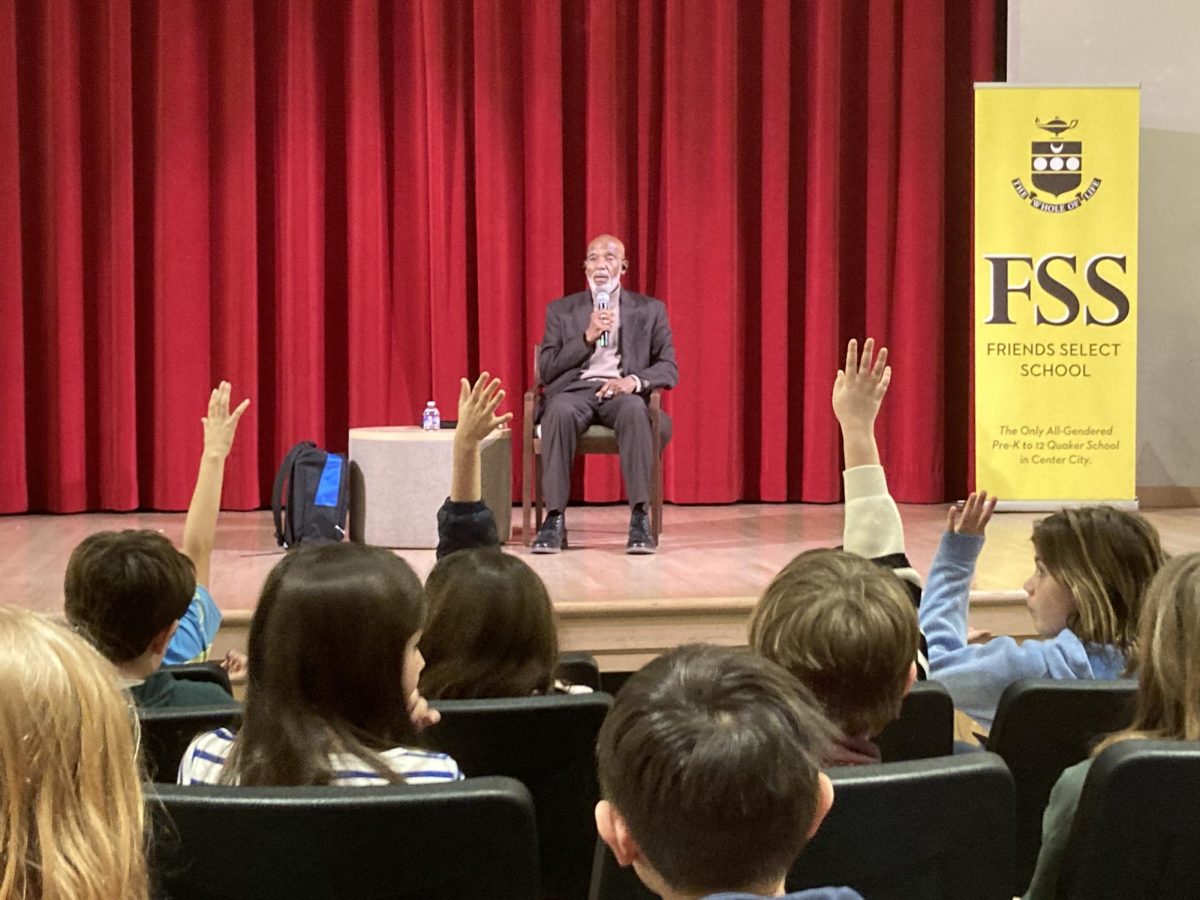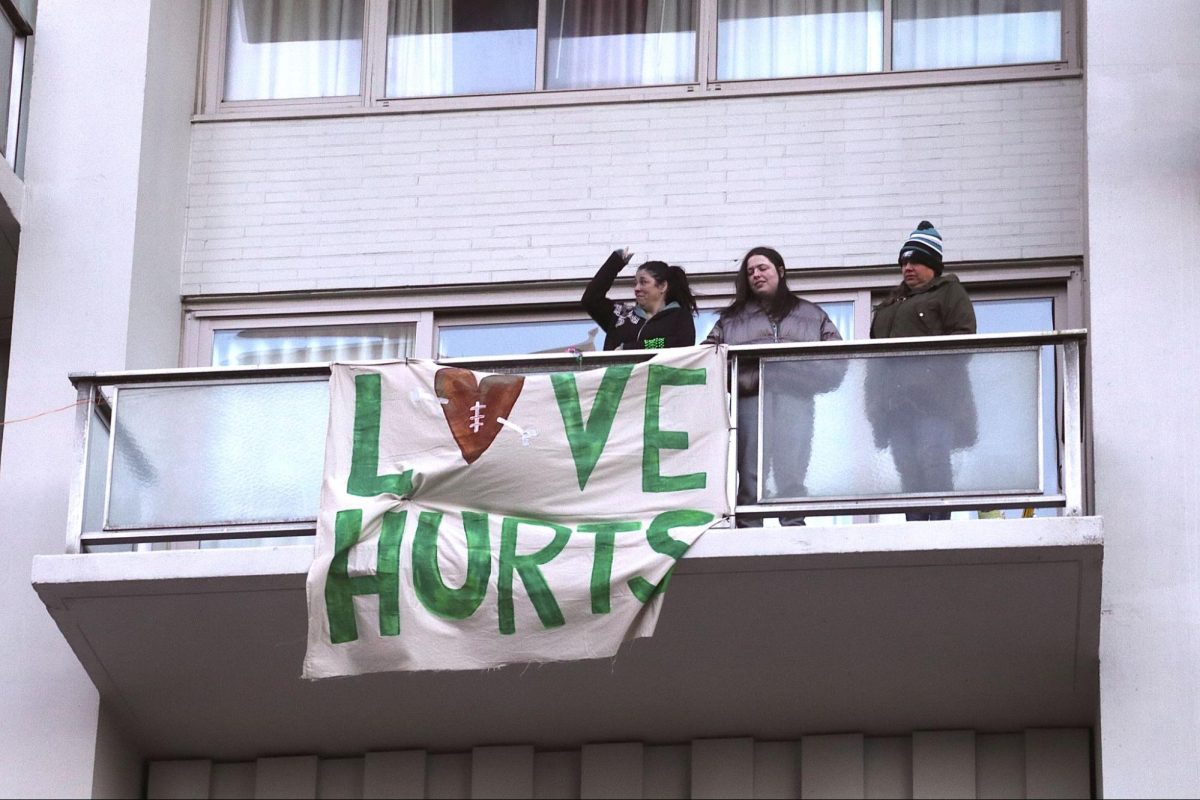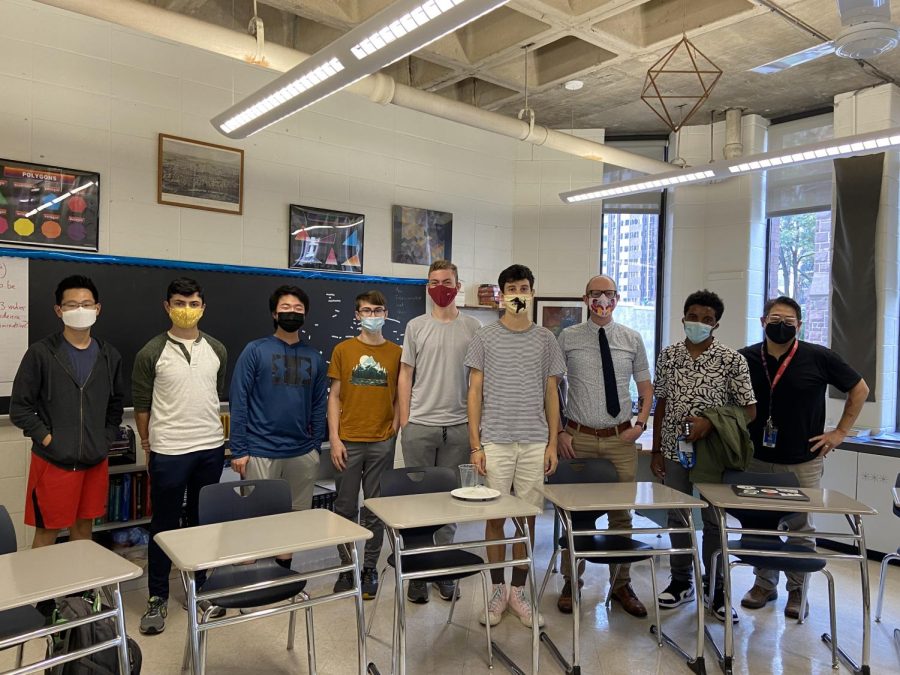‘Healthy Masculinity’ Group to Dissect Gender Norms through Conversation and Partnership
After two successful meetings last May, the ‘Healthy Masculinity’ Club will continue its work in the Friends Select Upper School, discussing and breaking down gender norms.
“Our goals for the club are to break down societal norms about masculinity and our relationship with other genders in the world,” says Zachary Levine ‘22, one of the club leaders. Breaking down said norms involves identifying them and dissecting them through group discussions and sharing personal experiences, he adds. Additionally, he hopes to establish a space where “these [toxic] norms have no power or relevance.”
Chris Crisden ‘22, another club leader, adds that some other club goals are to be active allies to female-identifying friends and classmates, to accomplish “big and little sib relationships with middle schoolers,” and to work with the Consent Committee on creating programming throughout the year.
“[Another] thing I hope we touch on this year is intersectionality because men of color have different experiences than men who aren’t of color,” Chris says.
Ian Lockey, Upper School Latin Teacher and one of the club’s faculty leaders, also hopes to incentivize male students to “feel empowered to call out misogyny, racism, homophobia, transphobia, and ableism when they hear if other men use it.” This kind of harmful language “masks the emotional damage the man-box has inflicted upon our students and men in society,” Ian adds. He hopes to take the responsibility to discuss harmful behavior “off of those oppressed by it” because this work often falls on them.
Ian says that the group will be partnering with WOAR Philadelphia Center Against Sexual Violence, as well as a similar version of this club at Friends Central School. He plans to emphasize confidentiality and double confidentiality during meetings.
Lily Brin ‘23, one of the students who initially identified the need for a space like this last year, says that the concept of educating male-identifying students about the harm their words can cause is more effective than punishing them. This club “has the potential to be equally as useful as a more faculty-organized and led meeting,” she says. She adds that “not nearly enough” students joined last year, and “the people who the club might benefit the most may be the people who are less inclined to join.”
The group tentatively plans to meet Thursdays in room 202. Contact Zachary and Chris for more information.























